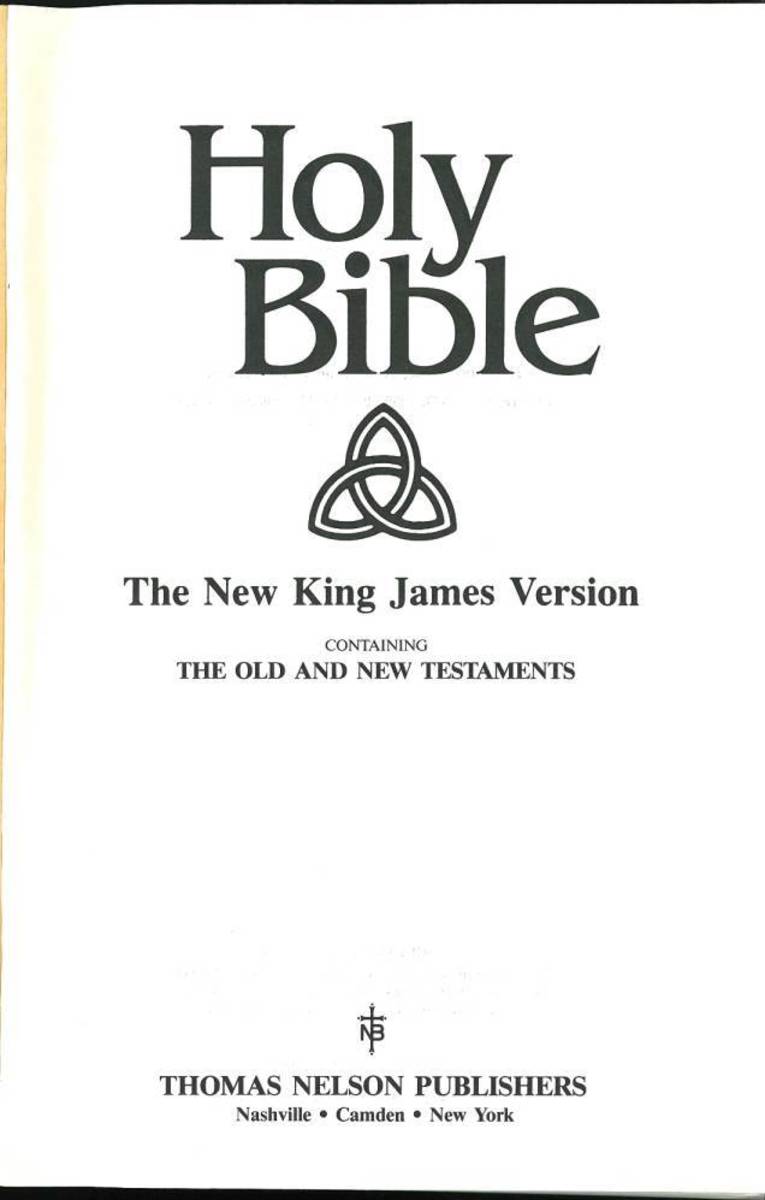Why Christians Should Anticipate the Rapture!

Perhaps no other Christian doctrine creates more buzz, yet controversy, than the yet-future advent known as the rapture.
However, this diversity amongst Christians is not bothersome because rapture is not a salvation issue. Namely, a born-again believer is not going to lose his or her salvation based on the acceptance or denial of rapture doctrine.
So whatever position we take, we are better stewards of the manifold grace of God not to bicker, contend, or argue the issue amongst ourselves.
That said, allow me to share why I believe there will one day be a rapture and Christians are absolutely correct to anticipate it.
The Rapture
The rapture is a supernatural advent in which born-again believers who are alive and remaining on earth at some prescribed future time will miraculously and suddenly be transformed from flesh to spirit and taken into the presence of Jesus Christ.
“For the Lord Himself will descend from heaven with a shout, with the voice of an archangel, and the trumpet of God…Then we who are alive and remain shall be caught up together with Him in the clouds to meet the Lord in the air” (1 Thessalonians 4:16-17).
“Behold, I tell you a mystery. We shall not all sleep, but we shall all be changed—in a moment, in the twinkling of an eye, at the last trumpet” (1 Corinthians 15:51-52).
Okay, but we're not going to pin this discussion on these two Scriptures. So let's also consider other portions of Scripture that seem to suggest the rapture.
Other Rapture Scriptures
Of all the Scripture references cited by others (there are many), I've condensed the list to three considered most noteworthy for purposes of this article.
- The Revelation outline given by Jesus to John
- Israel's "seventy weeks" recorded by Daniel
- The tribulation purpose
Okay, let's dig in.
1. The Revelation Outline
When instructing John to write the Revelation, Jesus framed his request with three distinct tenses for the prophecy: Past, present, future. Namely, He said, “Write the things which you have seen…", "Write…the things which are…", "Write…the things which will take place after this."
The first, “the things which you have seen” is past tense. This alludes to what John had seen moments earlier when he beheld Christ. Thus corresponding with John's eyewitness account of the risen and glorified Son of God (Revelation 1).
The second, “the things which are” is present tense. This, when taken in conjunction with the letters Jesus addressed to the Church, denotes the Church that did exist during the time of John as it does today (Revelation 2-3).
The third, “the things which will take place after this” is future tense. This corresponds with the events shown to John after he is subsequently taken in the “Spirit” to heaven and shown the future (Revelation 4-22).
In other words, this outline of the prophecy is a virtual "time line". (1) Jesus appears to John, then (2) Jesus completes His address to the Church, then (3) John’s is raptured into heaven and the tribulation begins.
2. Israel’s "Seventy Weeks"
Seventy years following Israel's captivity by Babylon, Daniel understood from the book of Jeremiah that these “desolations” were nearing an end and was praying to understand the future of his “city” and his “people” (Daniel 9:3-19). While in prayer, he was visited by the angel Gabriel and given the "seventy weeks" prophecy (Daniel 9:24-26).
For our purposes, I'm just going to give you a summary, and would recommend that you read the book posted here if you're interested in learning the details of what I allude to without explanation.
Or, if you prefer, you can read my commentary on the Book of Revelation at Learn the Revelation. You will find it in Chapter 6.
Daniel was told that God had determined for Israel a specific allotment of time totaling 490 years. At the end of which the nation would fully be restored, redeemed, and healed.
However, 483 years after this determined allotment began to countdown, Jesus Christ was "cut off" when the nation rejected Him as their Messiah at His first Coming. This resulted with Israel getting set aside and the countdown temporally put on hold. Thus reassigning the remaining 7 years to the future.
In the interim, of course, the Church has surfaced in Israel's place as God's witness to the world.
However, when the Church is raptured, God will again turn to His people, and the final remaining 7 years determined for Israel will resume.
3. The Tribulation Purpose
Okay, now let's consider the tribulation. And hopefully, following our discussion above, you're getting the idea.
Namely, that the fact the final remaining 7 years determined for Israel is exactly the number of years of the tribulation cannot be coincidental.
Likewise, the notion that God will not fulfill His promise to reconcile and heal Israel, or somehow meant something other than what He told Daniel in response to the prophet’s prayer, is beyond comprehension.
In other words, the tribulation must concern Israel and God's divine purpose and plan for them. So I am fully persuaded that the Church has no cause to be for the tribulation, and therefore will be raptured before it begins.
About the Author
James Kobzeff is an evangelical born-again Christian who has long had a passion for Bible prophecy.









